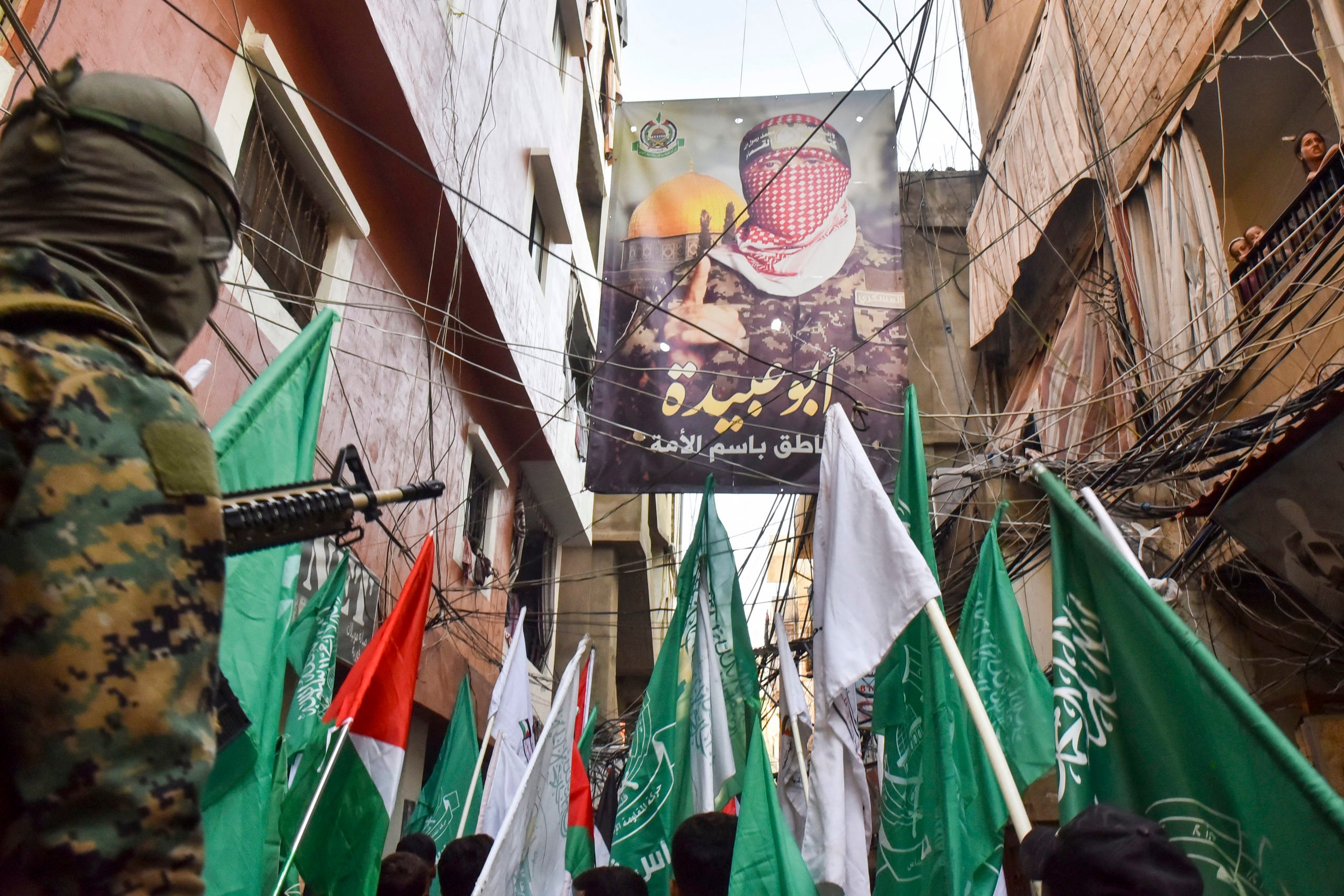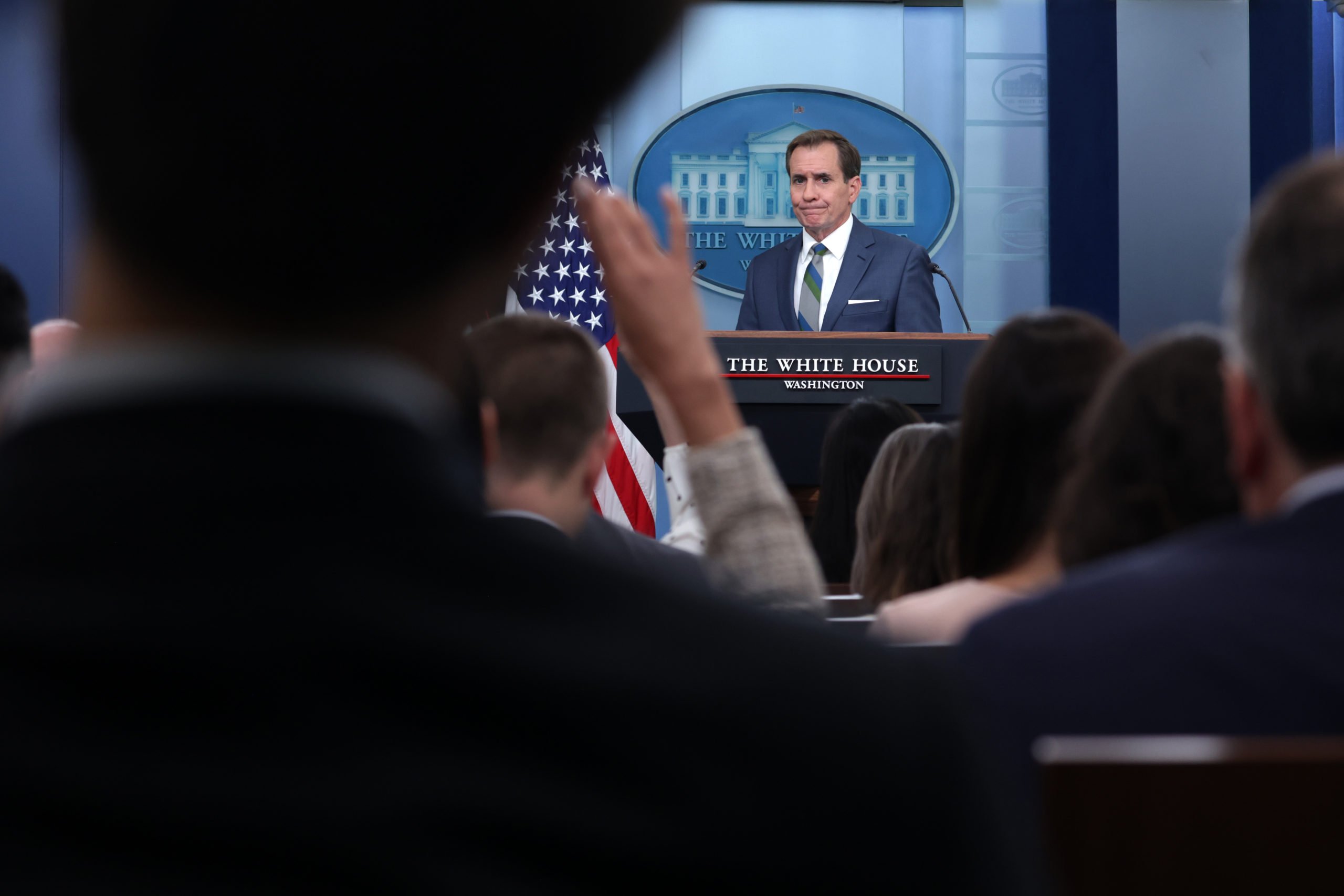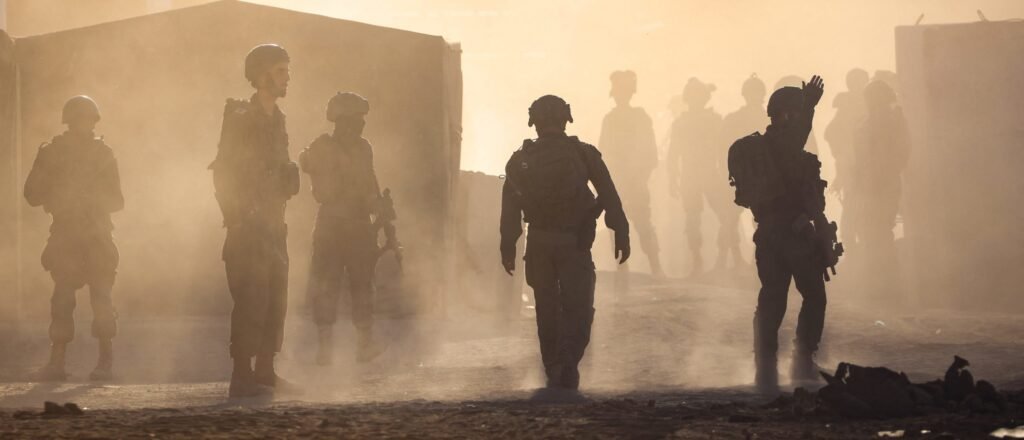Israel could soon find itself embroiled in a multi-front war with Hezbollah and Hamas, but experts say Israel may need more time to prepare for this scenario after fighting a brutal conflict that has lasted 10 months so far.
Israel killed a top Hezbollah commander in an airstrike in Lebanon on Tuesday, hours after a deadly attack in Iran against Hamas political leader Ismail Haniyeh, for which Israel has not claimed credit, but Iran has promised retaliation. Former U.S. officials and defense experts who spoke to the Daily Caller News Foundation said Israel is the Middle East's leading military power but urgently needs to replenish its defensive and offensive systems to be better prepared for the next war. (Related article: As the winds shift away from Biden, it is reported that Secretary of State Blinken has warned China about Harris' tough views on China relations.)
“Israel does not have an infinite supply of interceptor missiles, bombs and munitions. The military is exhausted and feeling strained,” Gabriel Noronha, a former State Department official and executive director of Polaris National Security, told DCNF. “When you talk to Israeli officials, there is a desire for more time before starting a war. They want more time to replenish their stockpiles. They feel that at this point they are not yet ready.”
Israeli soldiers and armored vehicles near the town of Beita. Clashes break out in the West Bank town of Beita and nearby Mount Sabih during weekly demonstrations against the Israeli construction of the Ebiatar settlement on Mount Sabih in Palestinian territory. (Photo: WAHAJ BANI MOUFLEH/Middle East Images/AFP via Getty Images)
Hezbollah, which operates just north of Israel in Lebanon, has access to far more manpower and weapons than Hamas or any other Iranian terrorist organization. While Hamas receives only about $120 million a year from Iran and $120 million a year from Qatar, Hezbollah receives more than $700 million a year from Iran, plus hundreds of millions more from illicit activities.
Hezbollah is estimated to have between 40,000 and 50,000 operatives, including the elite Radwan Combat Unit, and possesses more than 150,000 different types of rockets, missiles, drones and mortars.
Israel ranks as one of the world's leading military powers, possessing advanced military equipment and weaponry, as well as numerous ground, air and naval assets. according to According to the Global Firepower Index, it maintains approximately 170,000 active duty troops and 465,000 reserve troops.
Hezbollah has become increasingly hostile along Israel's northern border, and Israeli officials have warned in recent weeks of a dramatic and escalating response if attacks continue. Iran and Israel engaged in a rare direct clash in April, prompting defensive intervention by the United States and Western powers.
It was not immediately clear how Hezbollah or Iran plan to respond to Tuesday's attacks in Beirut and Tehran, but Iranian officials have reported that Iran's Supreme Leader Ali Khamenei has ordered direct attacks inside Israel. Said The New York Times.
“It's not the first time Israel has been at war on multiple fronts, so that's the problem. The problem is the fact that Israel has been at war for 10 months, so the military needs a period of resistance,” David Dowd, a senior fellow for Middle East issues at the Foundation for Defense of Democracies, told DCNF. “They need to replenish their weapons and shore up their critical infrastructure.”

Demonstrators wave flags and denounce the killing of a militant Hamas leader during a protest in Burj Al Barajneh refugee camp in Beirut on July 31, 2024. (FADEL ITANI/AFP via Getty Images)
While war is likely to ultimately break out, Hamas' Gaza representative Yahya Sinwar and Hezbollah Secretary-General Hassan Nasrallah could step in to ease tensions and avoid all-out conflict, Shoshana Brien, senior director at the Jewish Policy Center, told DCNF.
“There are two possibilities. One is that things will certainly escalate. The other is that Yahya Sinwar and Hassan Nasrallah want to survive” and therefore will avoid a serious conflict with Israel, Brien told DCNF. “If they [avoid confrontation]If that is the case, there will come a time when Israel will reach its limits. No one knows the full limits of Israel's capabilities, so at some point Israel will want to turn to its allies.” (Related article: Families of American hostages in Gaza 'disappointed' with Netanyahu's parliamentary speech)
Sinwar, who was elected Hamas' Gaza representative in 2017, was a key figure in founding the terrorist group decades ago, The New York Times reported. reportLike Sinwar, Nasrallah has had decades of ties to Hezbollah, becoming the group's leader in 1992, NPR reported. report.
Experts told DCNF that the US would come to Israel's defense in the event of a major attack or invasion, but this could be factored into Iran and Hezbollah's calculations. A joint US-Israeli effort may be enough to deter Hezbollah or Iran from violently attacking Israel, but the Biden administration's foreign policy approach, which has been criticized for being too conciliatory toward Iran, could lead Iran to believe it can get away with a war, Jason Brodsky, policy director at the Coalition for the Iranian Nuclear Issue, told DCNF.
U.S. Defense Secretary Lloyd Austin reiterated on Wednesday that the United States would be there to defend Israel if Iran attacks it, as it did in April. according to Regarding the Hezbollah issue, Chairman of the US Joint Chiefs of Staff C.Q. Brown told reporters in June that the US's ability to intervene was limited, given the current situation in the region, according to the Times of Israel.

John Kirby, Assistant to the President for National Security Communications, speaks during a regular press briefing in the James Brady Briefing Room at the White House in Washington, DC, July 31, 2024. Kirby spoke about the killing of Hamas supreme leader Ismail Haniyeh in an Israeli airstrike in Tehran, Iran. (Photo by Alex Wong/Getty Images)
“The Islamic Republic does not want to be drawn into a direct conflict with the United States. A direct conflict between the United States and the Iranian regime could lead to the collapse of the regime, and Iran knows that,” Brodsky told DCNF. “My concern is that the Biden administration seems paralyzed by fear of escalation. If it constantly gives that impression to its adversaries, it makes the United States and its allies more vulnerable.”
U.S. officials have spent months trying to ease tensions in the Middle East, urging Israel to refrain from attacking its enemies while remaining committed to its own defense. Secretary of State Antony Blinken said during a visit to Singapore on Wednesday that the United States had not received advance warning of or been involved in the attack on Haniya, Reuters reported. report.
Blinken said the United States expects a broad-based ceasefire in Gaza and remains focused on achieving it.
The Israeli Prime Minister's Office and the Israel Defense Forces did not immediately respond to requests for comment.
As an independent, nonpartisan news service, all content produced by the Daily Caller News Foundation is available free of charge to any legitimate news publisher with a large readership. All republished articles must include our logo, reporter byline, and affiliation with the DCNF. If you have any questions about our guidelines or partnering with us, please contact us at licensing@dailycallernewsfoundation.org.







